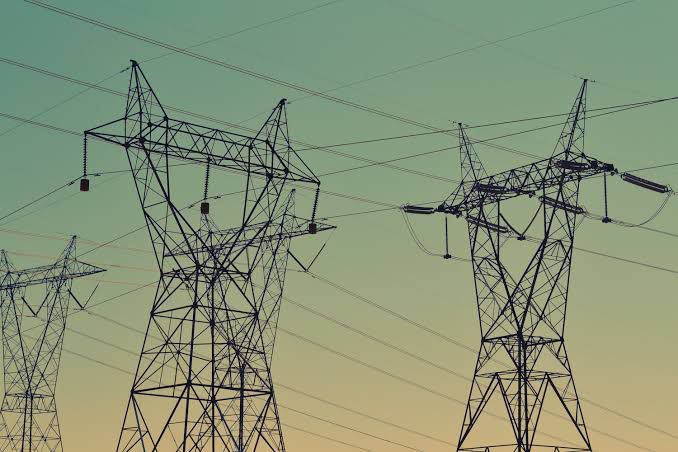
Power has been restored to nearly all of Spain and Portugal following a massive blackout that affected the entire Iberian Peninsula and parts of southern France. However, transportation services are still facing serious delays, and the cause of the outage remains under investigation.
The blackout, which struck on Monday, caused widespread disruption. Businesses were forced to close, elevators stopped mid-journey, traffic lights went dark, and transportation systems ground to a halt. Emergency declarations were issued in both countries as governments scrambled to respond.
By early Tuesday, Spain’s electricity provider confirmed that 99% of the country had regained power. Still, the transportation minister cautioned that certain train services, including high-speed routes, would be limited or canceled. In Portugal, the lights came back on late Monday, sparking celebrations in cities as residents cheered their return to normalcy.
Uncertainty lingers over what caused the blackout. Spanish Prime Minister Pedro Sánchez admitted that officials were still searching for answers, while Portuguese Prime Minister Luís Montenegro said initial signs pointed to a failure originating in Spain, not Portugal.
Portugal’s vulnerability stems from its energy imports from Spain, especially in the morning hours when Spain’s solar power is more cost-effective. With Spain receiving emergency electricity from France and Morocco, Portugal had no external backup.
The outage brought chaos to major urban centers. In Madrid, drivers were left navigating intersections without signals, and emergency crews were called out to assist people trapped in elevators. Retailers and restaurants closed, and many switched to cash-only transactions.
Public transportation systems suffered severe interruptions. Metro services in Madrid were halted, and trains stopped in dark tunnels. Airports in Madrid, Barcelona, and Lisbon experienced widespread delays and cancellations, leaving passengers stranded. Portugal’s national airline, TAP, advised travelers to avoid the airport altogether.
Some sporting events, including matches at the Madrid Open, were put on hold. In Lisbon’s airport, travelers reported standing in long lines without air conditioning or water, with only cash payments accepted.
Several Spanish regions—such as Madrid, Andalusia, Murcia, La Rioja, and Extremadura—were placed under emergency status. Authorities urged citizens to limit travel and allow emergency vehicles access. Calls were made for military assistance, and emergency hotlines were reserved for critical needs.
Officials ruled out cyberattacks, with European Council President Antonio Costa confirming there was no indication of digital interference.
João Faria Conceição, head of Portugal’s grid operator REN, explained that Portugal’s dependence on imported power left it particularly exposed. While Spain could draw from neighboring grids, Portugal lacked similar options.
The blackout impacted millions across Spain, Portugal, and parts of France, disrupting daily life in major cities including Madrid, Lisbon, Barcelona, and Seville. Airports, financial hubs, and tourism centers all felt the effects, with emergency services stretched thin.
Although power has largely returned, the recovery process continues. Spain’s transport ministry said medium and long-distance train services would not resume until Tuesday at the earliest, and the backlog at airports could take days to resolve.
While daily routines begin to resume, the question of what caused this unprecedented power failure still looms.